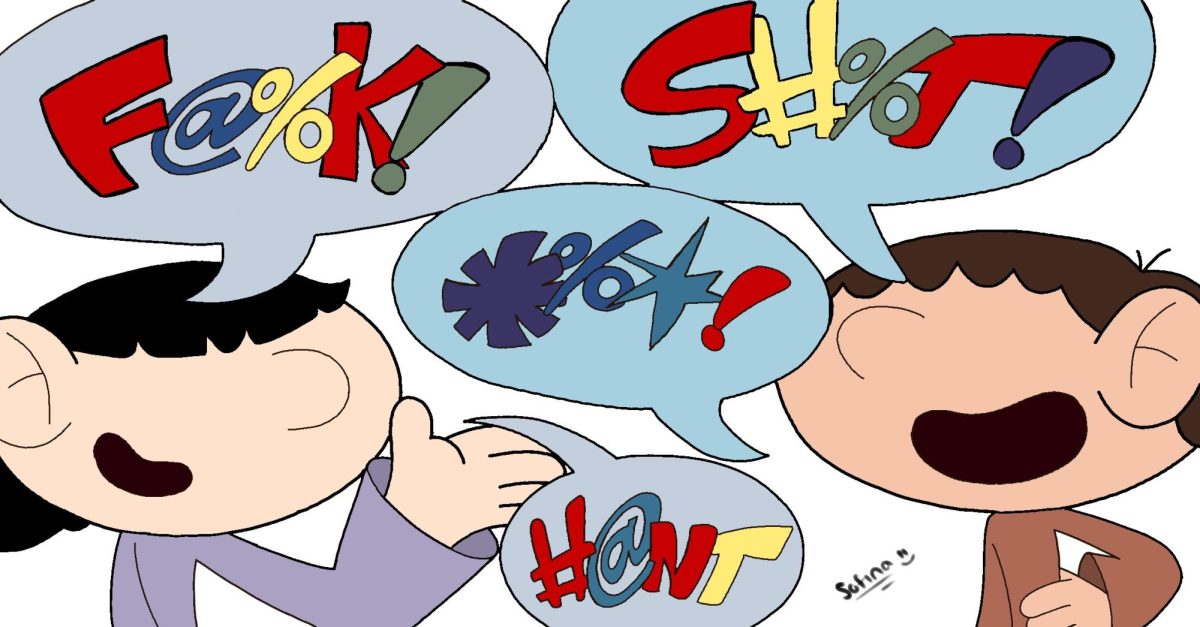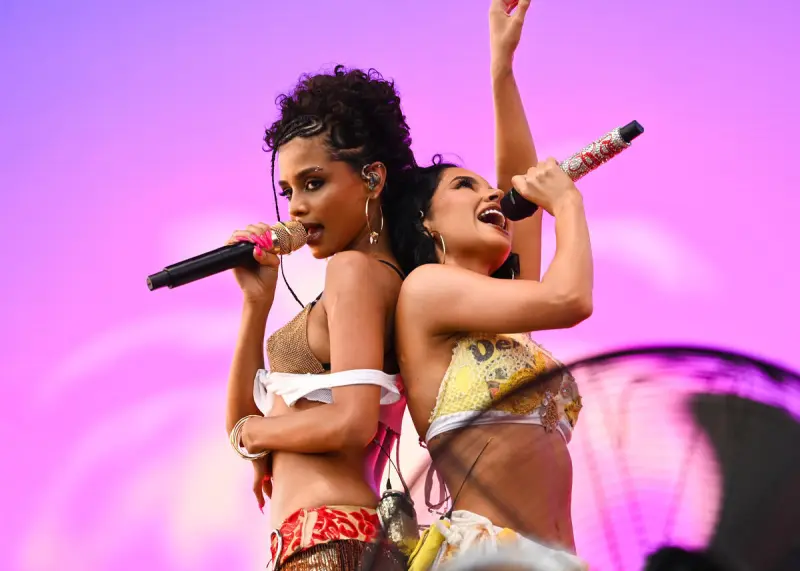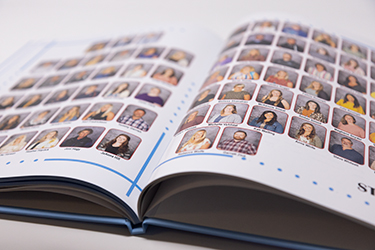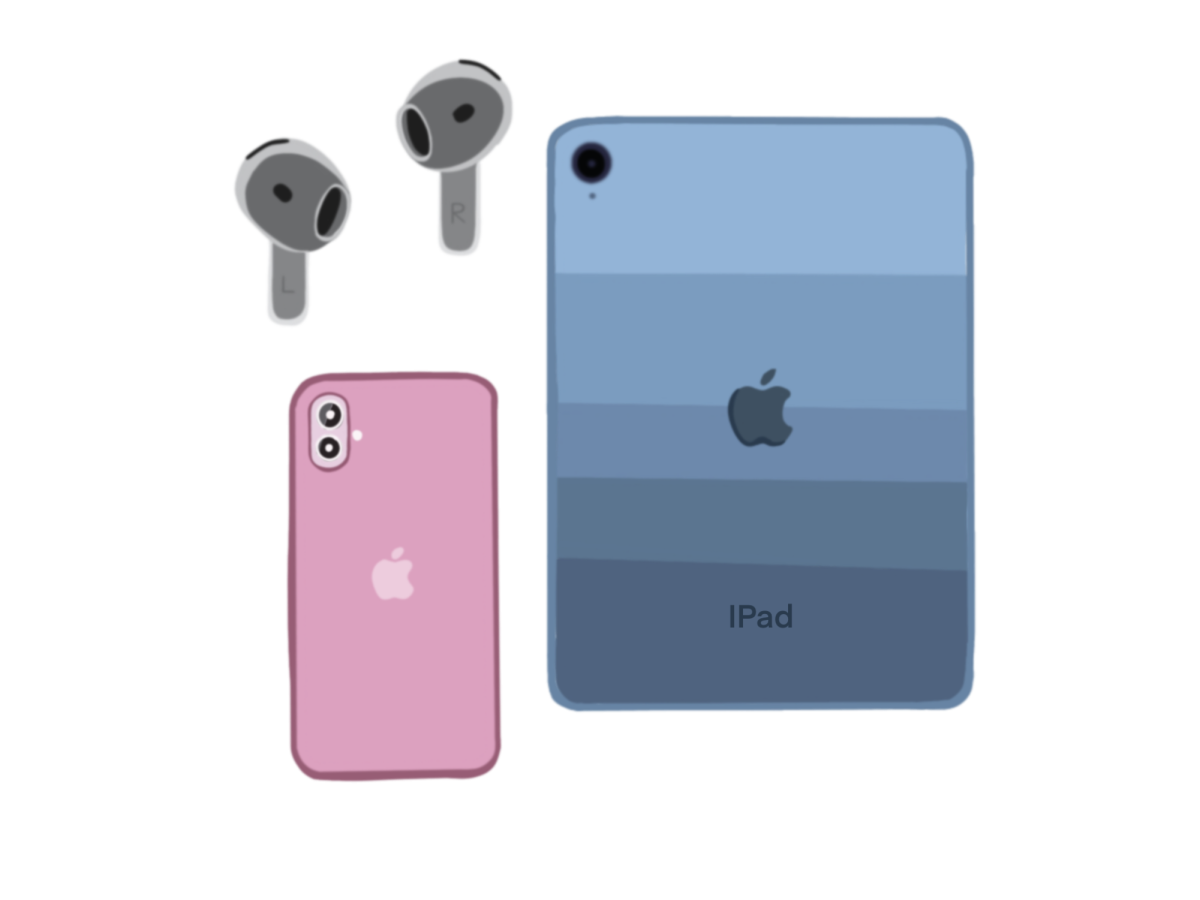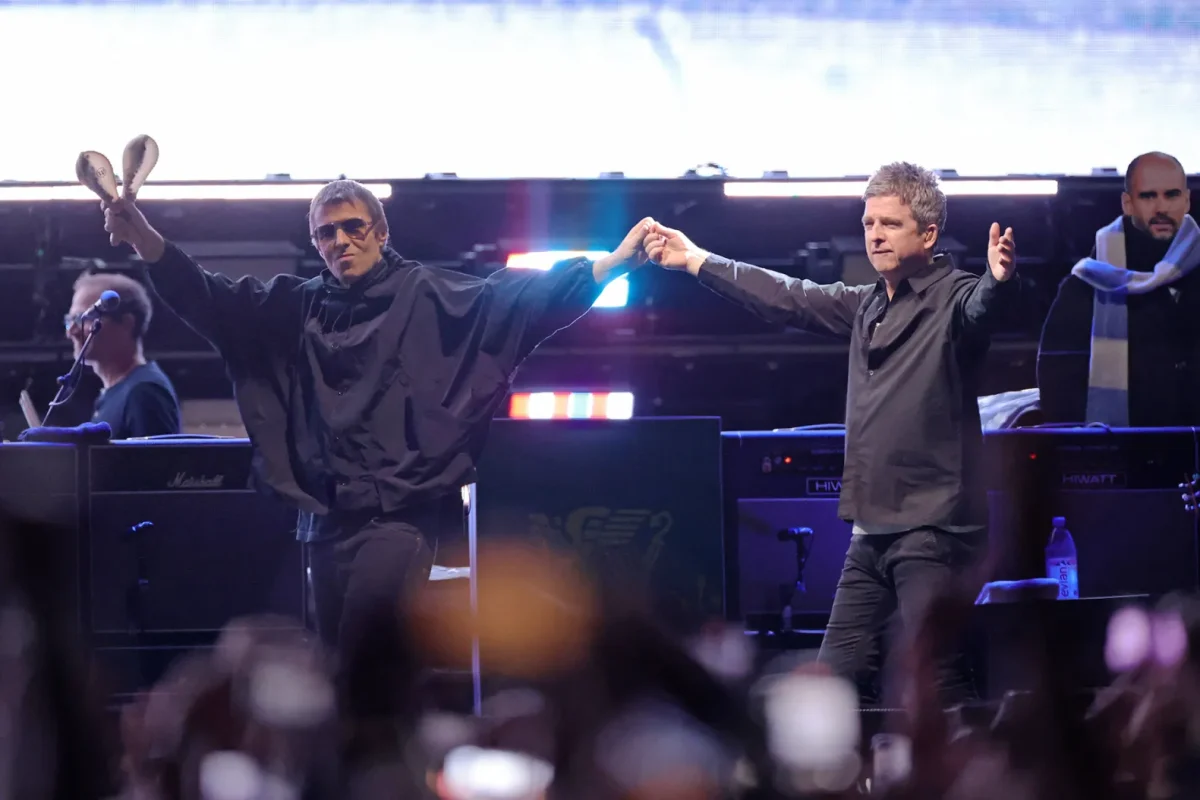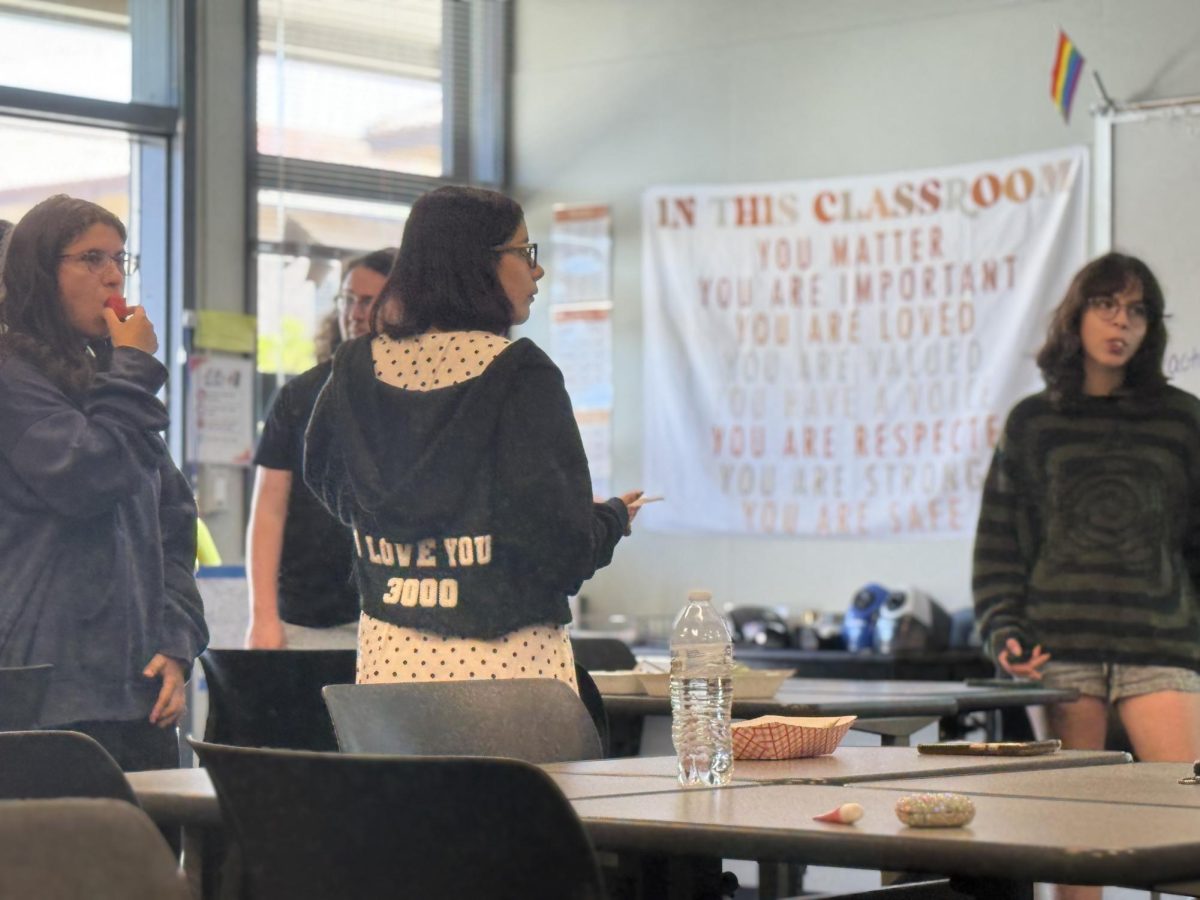Have you noticed the colorful array of slurs being thrown around in your community? Be it when you are walking through school campus, going to the gas station for a quick purchase or scrolling through social media? Everywhere you go, slurs and obscenities are frequently present.
Swears and slurs are oftentimes used interchangeably to describe offensive words, but there is a significant difference between them. Swears are the less extreme and less personal of the two, as they are simply used to express the speaker’s emotional state. For example, in an argument, one might exclaim, “f*ck you!” to show their frustration; and move on with their day. Slurs, on the other hand, are much more offensive and specifically target members of a given ethnicity, nationality, sexual orientation or mental capability. The n-slur, f-slur and r-slur, for instance, all target certain groups of people; these words hold much more hate than f*ck ever will.
For all the harm that these words entail, not many take them as seriously as they should. Slurs are being used frequently and as nothing more than punchlines to a joke. This reckless behavior normalizes them, which can be incredibly offensive and harmful to many.
“I think these slurs being used […] frequently […] is making it more socially acceptable to dog on other people in terms of race, mental capacity, everything,” FHS freshman Ankita Canakoti said. “They hear people use it as a joke, and they hear people saying it among themselves and to people who are in similar situations, and it just becomes more socially acceptable to look down and put people down like that because they see other people doing it.”
In addition to becoming more frequent, slurs are also being considered less offensive. As proof, the n-slur does not agitate a majority of black people anymore, as shown by a poll conducted by NBC News. Only 44% of the participants said that they would be very offended if they saw someone use it online or in a text message. Moreover, 35% said it would not bother them much, including the 26% who said that they would not be offended whatsoever.
Another poll conducted by the University of California, San Diego surveyed freshmen regarding how offensive they consider certain slurs, on a scale of 0-9; the f-slur scored an average of 5.46 and the r-slur received a 5.30. While these numbers are relatively high, especially when compared to f*ck’s 2.91, they are nowhere near as high as they should be.
Slurs have gotten to the point where most people are desensitized to their harshness. However, that does not mean that their cruelty goes unnoticed.
Slurs are not just terms that insult and diminish a group but also ones that actively promote discrimination, according to OpenEdition. Slurs are the shortcut of discrimination and are extremely dehumanizing, impling that someone is unworthy of equal standing or full respect as a person. Calling someone any type of slur might seem funny at the moment, yet the person on the other hand of the “joke” is more likely than not to consider it hate speech, not a genius piece of dark humor. An article from CNN confirms this, explaining that students from all over the world are experiencing verbal and physical violence as a direct result of racial slurs.
This, in the long run, represents just one of the numerous detrimental consequences of often using slurs.
“I find [slurs] highly socially unacceptable, because with society trying to educate future generations to be more inclusive, the slurs being thrown around make it easy for people to default back to creating a toxic and discriminatory environment,” Canakoti said.
Ultimately, slurs being circulated around is inevitable. Their normalization is not. As harmful and derogatory as slurs can be, not many treat them as though they cause real harm to the communities which they are targeted towards. Such dehumanizing assertions are oftentimes morphed into quick gags, which is unacceptable and, frankly, not funny.


